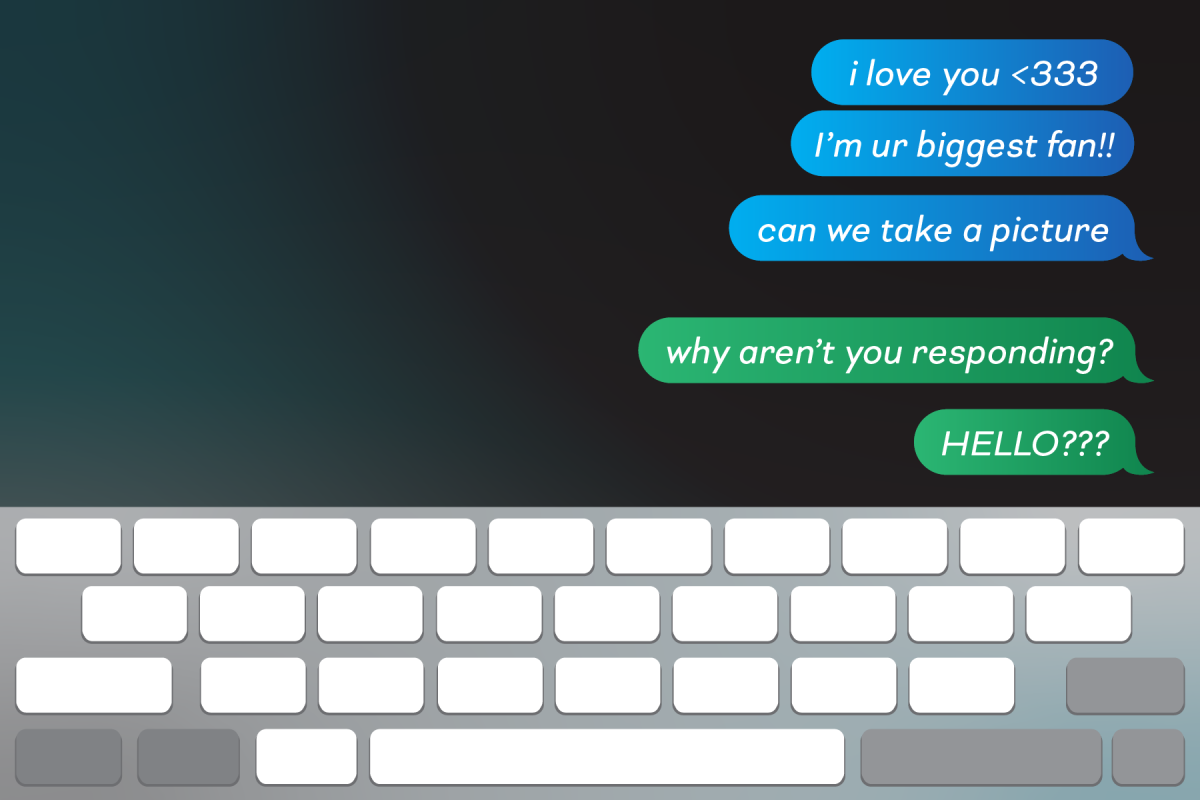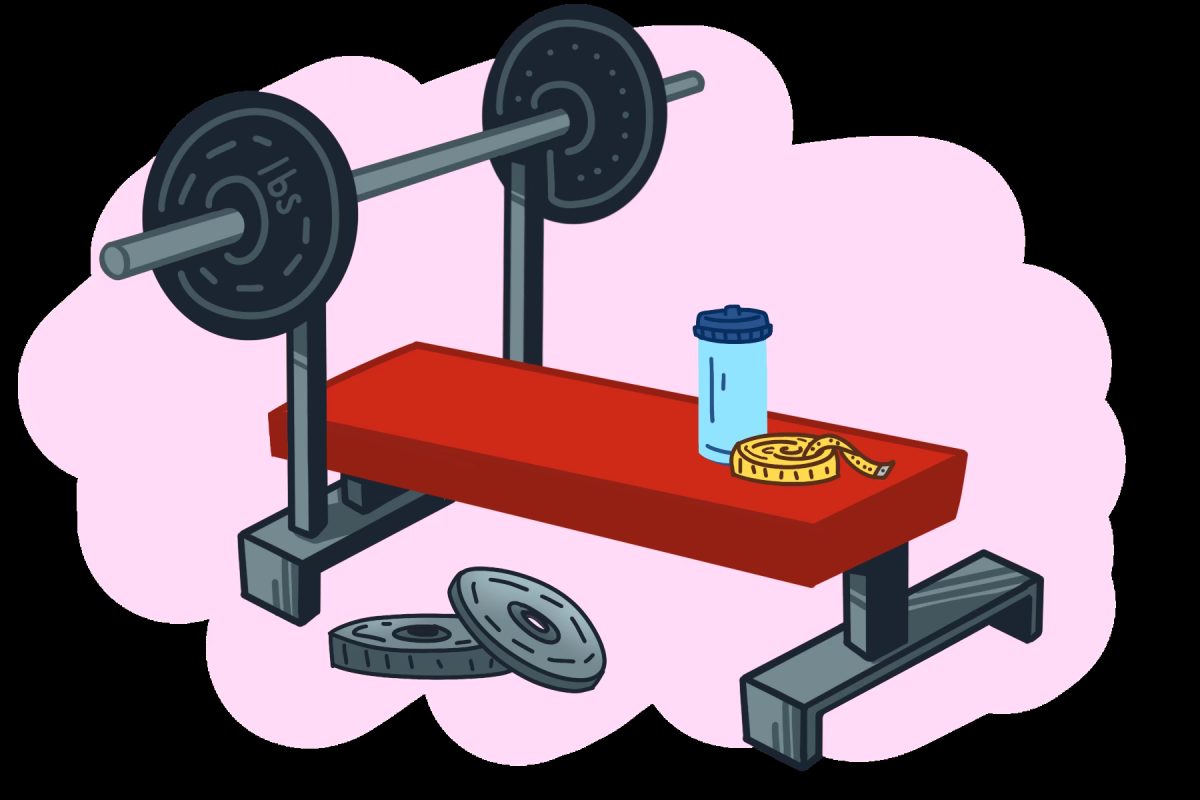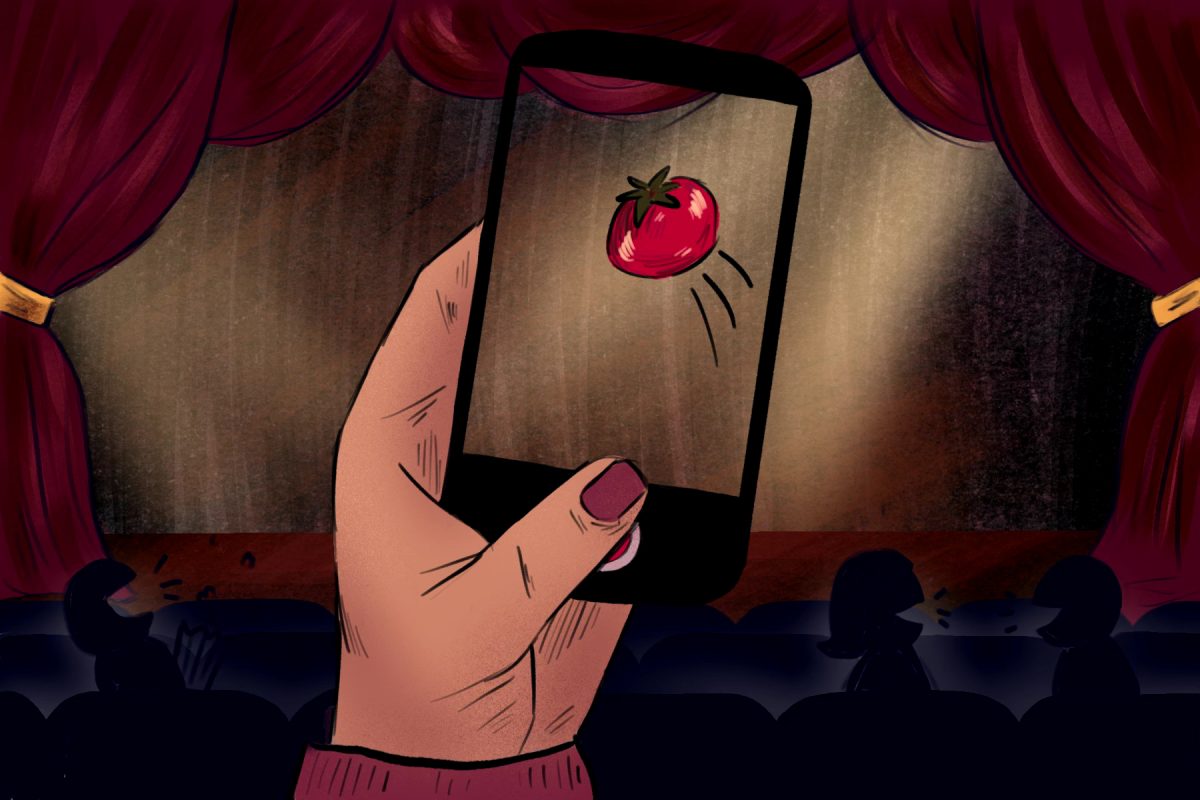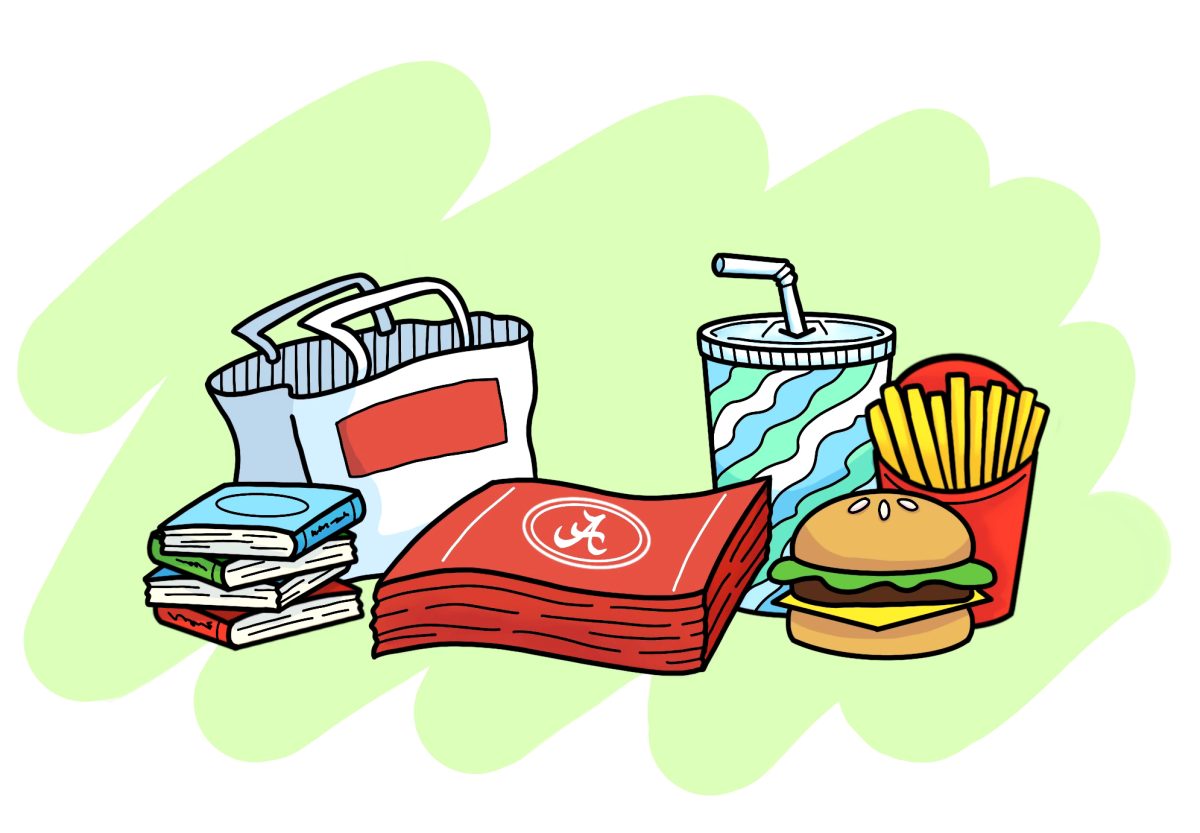Relationships rooted in infatuation are not truly built to prosper. Love at first sight is a common romantic trope often sought after by young women and men alike; however, it is barely love, if even at all.
Taking a simple glance at some of the most successful media feats over the years, specifically music, will tell you everything necessary to know about this love-thirsty society we have built.
According to Billboard, “While musical fads and fashions will change with every generation, love — and the songs inspired by it — will never go out of style … 9.6% of all Billboard Hot 100 No. 1s feature the word ‘love’ in the song title.”
Individuals long for someone who desires them the moment they lock eyes, yet while this trope can make a killing at a box office, it simply is not a reliable path to a sustaining relationship. These expectations placed on relationships often induce people to choose the most stereotypically attractive partner rather than someone who will truly, deeply love them.
Partially, this desire is innately human. Psychology and neuroscience researcher Ayesh Perera defined the halo effect as “the tendency to allow one specific trait or our overall impression of a person … to positively influence our judgment of their other related traits.”
The phenomenon of the halo effect even goes to show that this intense initial desire can cause an imbalance in opinion. Often, by simply finding an individual attractive, it is in our human nature to assume the best about the rest of their attributes. This often can lead to an inaccurate reading of their traits forming an idea of their person that is simply contradictory to the truth.
Mankind longs for acceptance and the quicker that happens, the more perfect the relationship seems. However, despite being often hunted, this trope is not one of love but of lust and infatuation. One cannot rightfully claim to love another while only loving their outward expression. These initial feelings can occasionally grow into something more loving and passionate, but they most certainly do not begin that way.
“Distinguishing love at first sight from actual love takes some reflection and time to think and piece apart if it’s going to be a lasting relationship or a fleeting attraction. At the heart of it, love may not be the right term, but it is infatuation,” said psychologist Susan Albers with the Cleveland Clinic.
Individuals often long for their partners to fill the missing pieces of their soul before even knowing who their partner truly is, placing them on a pedestal and effectively lusting after them.
The pop culture we favor serves to blame for the unhealthy expectations that are placed on relationships. Generations have been raised searching for the “perfect” partner with these ideals engraved in their minds for decades, if not centuries.
True love is not simply locking eyes from across a room. It is knowing every detail about a person and continuing to choose them day after day, forming a bond that infatuation could never dream to accomplish.









